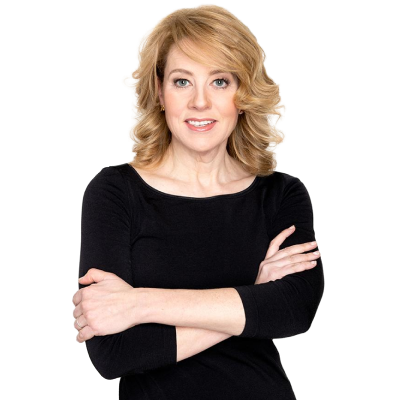The American Educational Research Association (AERA) held its annual meeting in San Francisco in May, and we asked some of the journalists in attendance to cover a few of the sessions for us. Given that the testing pushback is making headlines again this month (Maryland is just one example) , it seemed like a good time to share this post from Laura Isensee of KUHF Houston Public Radio.
Amid the growing backlash by parents and educators against high-stakes testing, a group of education experts and researchers recently gathered together to envision the future of measuring student learning.
The 30-member group is called the Gordon Commission, led by Edmund Gordon, professor emeritus of Yale University and Teachers College, Columbia University.
They were brought together by the Educational Testing Service, and for two years explored the future of testing. Earlier this year, they issued their report and recommendations.
As Ed Week’s Sarah Sparks reported, the Gordon Commission calls for “radically different tests” that have a more balanced approach. That is, tests that aren’t focused on holding schools and district accountable but instead directly support the process of teaching and learning.
The report had specific policy recommendations:
- Have states create a permanent council on educational assessments, similar to the Education Commission of the States;
- Leverage the long-awaited reauthorization of the Elementary and Secondary Education Act (ESEA) and other federal education laws to support new ways of testing; and
- Commit to a 10-year research and development effort to build capacity for a new kind of assessment. The effort should bring together different agencies and groups, including the U.S. Departments of Education and Defense, the National Institute of Child Health and Human Development, non-profits and for-profit businesses.
At the AERA 2013 conference, the co-chairs and several members of the commission gave their personal take on the process, the findings and what’s next for testing in the United States.
Here are 10 key points from their comments:
- “What if?” and “Why Not?”: Those are two questions Edmund Gordon asked himself and encouraged others to ponder, to let their imagination wonder what does this all mean. More specifically, he asked what if “we were to take seriously” the construction of what is currently done with assessments and think about the mental processes buried in those tasks. And why not target those mental processes in any future assessment, so it’s not just about content, but it emphasizes meaningful learning.
- Don’t forget the history of testing: Several panelists mentioned this idea, referring to previous pushes to change the nature of assessments, and Gordon referred to how the tradition of assessment has focused on selection and prediction.
- But also think about the present – Jim Pellegrino, from the University of Illinois at Chicago and co-chair of the commission, said the group at first had some healthy tension over whether they should consider the current state of assessments. The commission eventually decided they needed to address current issues “because the present is either the on-ramp or the off-ramp to the future that we envision.”
- Make it meaningful: Pellegrino also acknowledged that tests and the ensuing data are generally used for someone else. Future assessments need to have information that is meaningful for students and instructors now, he said.
- “Assessment is not the main show,” said Eva Baker from UCLA. She said long ago, teachers created the tests. Those assessments may have been wobbly on technical grounds, but they were relevant to students and the subject. Baker said the opposite is true now of the current tests and the next generation of assessments needs to recapture that balance.
- It’s political: Lauren Resnick from the University of Pittsburgh said if educators, experts, parents and other stakeholders really want to change the way tests are made and given, people need to “get good at political conversations.”
- “Resist having physics envy,” Resnick quipped from a colleague’s advice that educators and researchers should stop trying to measure student learning in increments. She urged taking out the word “measure” altogether and instead use the word “assessment.” “And give it the meaning we really want it to have,” Resnick said.
- Find the North Star: Louis Gomez with the University of California-Santa Barbara likened the future of testing to the North Star – “a guiding light to a visionary goal.” He suggested starting with that visionary goal and then working backward to create the necessary blueprints.
- Numbers drift like diseases: Andrew Ho, psychometrician, professor at Harvard University and one of the self-declared token young folk on the commission, said that numbers drift. They get averaged, compared and contrasted along predictable vectors – districts, states and countries – much like the way diseases travel in an epidemiological fashion. He said stakeholders should recognize that issue at the outset and prepare for it with deliberate, gated stages to move to a new kind of assessment.
- Have a larger conversation: Kent McGuire with the Southern Education Foundation, Inc., also joined the panel. He said there needs to be a larger conversation about the future of testing and why it’s important. “I just think that this conversation has to move out of the realm of research. We’re talking about culture and politics, not just science,” he said.
